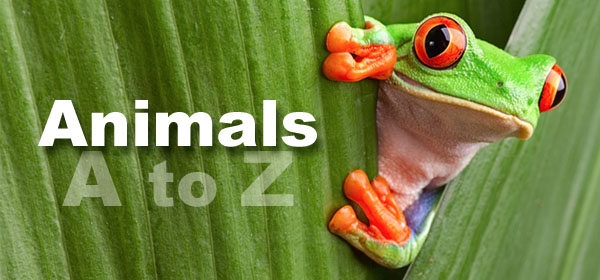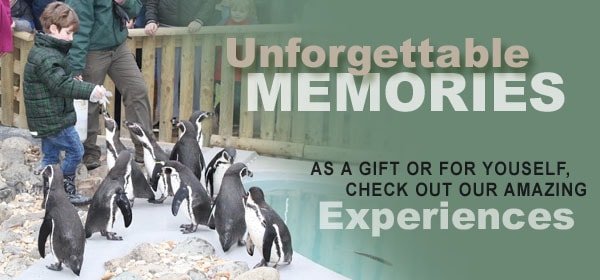Spring has never truly arrived until you catch sight of your first bee. On Saturday 20th May 2023 we will be celebrating World Bee Day, so get it jotted down in the diary. This day is to raise awareness about the threats they face and most importantly what we can do to help them out. In the UK there are more than 250 species of bees and sadly a world without them is becoming more of a possibility.
For them to become extinct is unthinkable and the planet will be in serious trouble if that happens because they’re such an integral part our ecosystem. Often seen buzzing from flower to flower, for me it’s as difficult to imagine a life without bees as it is to think of one without trees.

So why are Bees important?
Being pollinators they play a critical role in healthy ecosystems, so are essential for our food production. Pollination is crucial because many of our fruits, vegetables and crops that feed livestock rely on it to be fertilised. Vegetables such as broccoli, asparagus and cucumber rely on the pollination of bees, as do apricots, strawberries, apples and tomatoes. Estimates suggest it would cost UK farmers an incredible £1.8 billion a year to manually pollinate their crops.
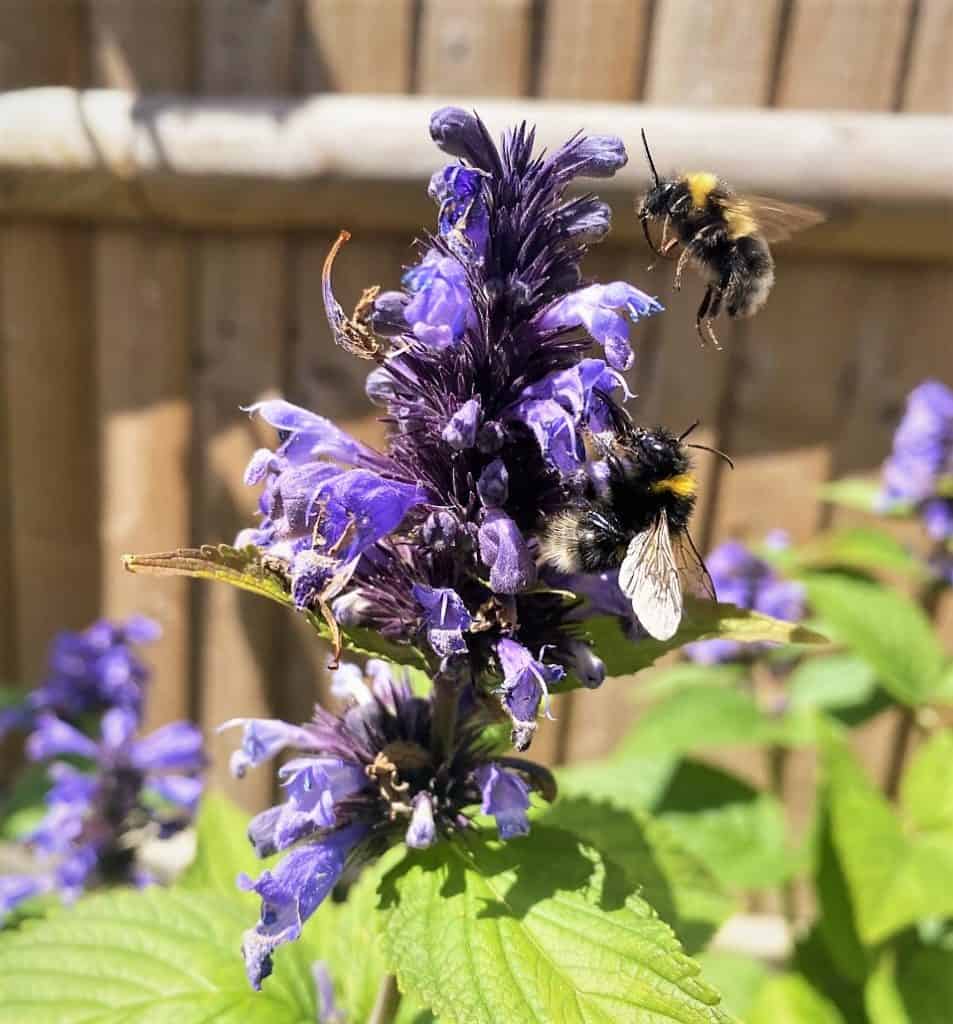
Many of the crops used for animal feed are pollinated by bees, so without them it would be harder to produce lots of our meat, egg and dairy products. While there are other methods of pollination (wind, birds, bats and other insects) wild bees are among the most important because they are capable of pollinating on a much bigger scale. They also produce honey which is a valuable product not only for its saccharine taste, but also due to its medicinal properties and because it is so energy dense.
Why are bees disappearing?
Pesticides is one of the main threats. Whilst they are designed to kill pests pesticides are in fact having an adverse effect on a variety of wildlife due to their intense toxicity. Some pests provide food for crucial pollinators as well as birds and other animals.
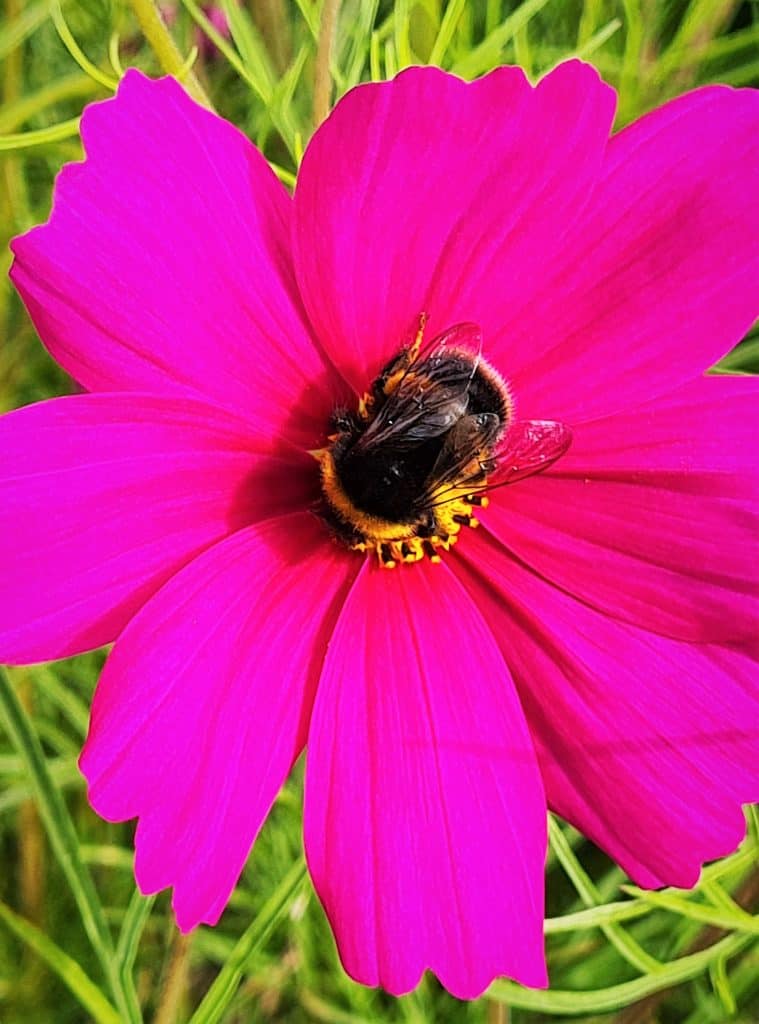
Climate change is another contributing factor in their decline. It disrupts bee nesting behaviour and alters the normal seasonal timings, meaning flowers may bloom earlier or later than expected. Parasites and diseases are another big threat. Research has found viruses known to cause disease in honey bees have been passed to our wild bumblebee population. It isn’t yet clear if it’s been passed to solitary bee populations as well. Habitat loss, increasing urban developments and invasive farming methods mean that many areas that bees once called home no longer exist. Wildflower meadows are also in serious decline, this kind of habitat is an important food resource.
How can we help Bees?
It’s certainly not too late to help save the bees from extinction. There are lots of things you can do to help protect these important creatures.
Here are five simple ways in which we can help.
1. Flowers
Growing flowers rich in pollen and nectar, such as perennial plants. However, don’t discount buying flowering annuals, shrubs and trees as they will also help with attraction.
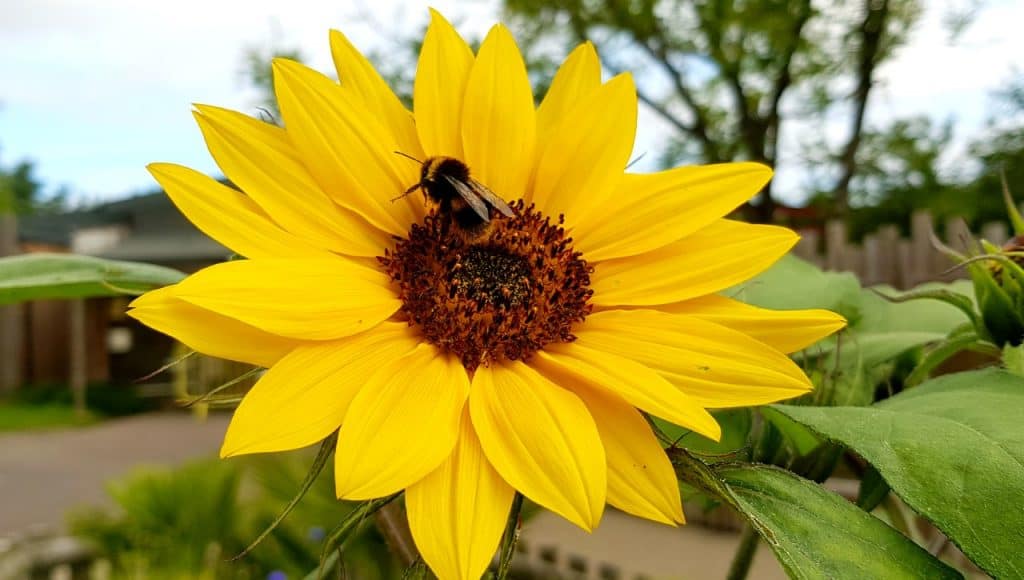
2. Wild areas
Leave some wild patches in your gardens, many of the plants we consider weeds are actually doing a brilliant job in supporting wildlife. For example, lawn clovers and dandelions will attract and provide pollen and nectar, so next time you have that urge to pull up that weed maybe think twice.
3. Avoid pesticides
Put away pesticides and consider alternatives- only use pesticides as a absolute last resort.
4. Mow less
If you have a lawn, try cutting it less often.
5. Homes for insects
Build bee hotels for the garden, it’s a great way for young and old to get involved. Plus provides much needed shelter for these important little creatures. Sharing our gardens with nature brings joy and happiness to our lives. A rich diversity of plant and animal species will live happily alongside people, needing only a little helping hand from us.
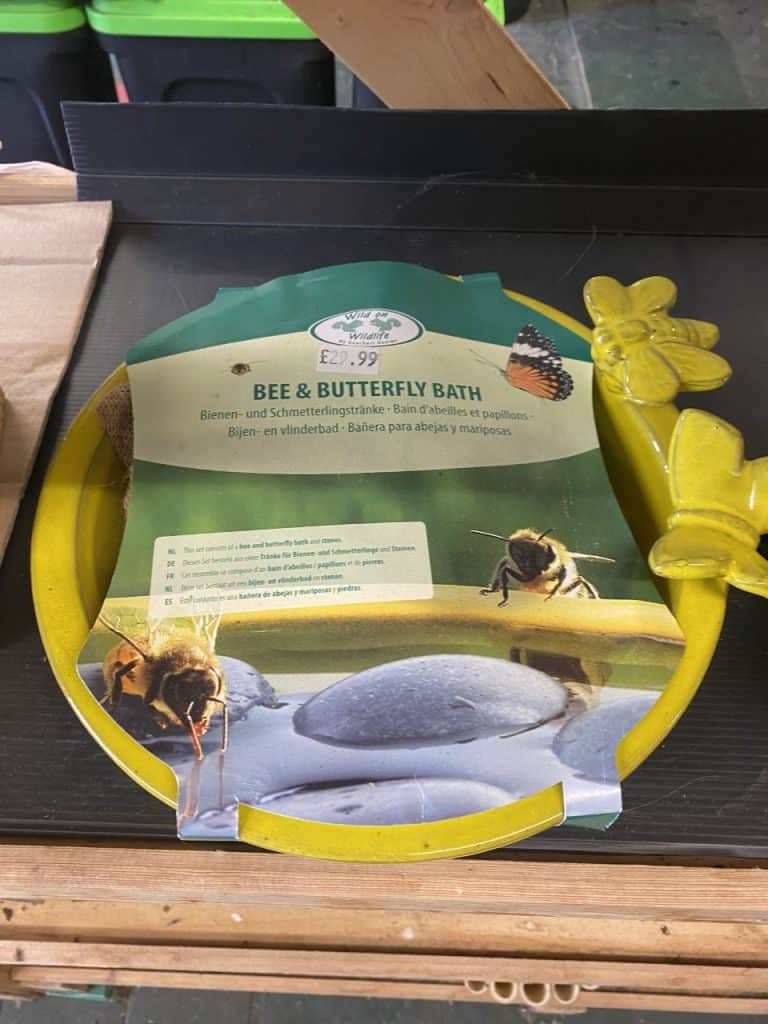
Hopefully I’ve encouraged you a little to start to discover what you can do to make your outside space a haven for wildlife this spring. If you need more inspiration check out our Bug Garden for wildlife friendly flowers and habitats on your next visit to WWP.
